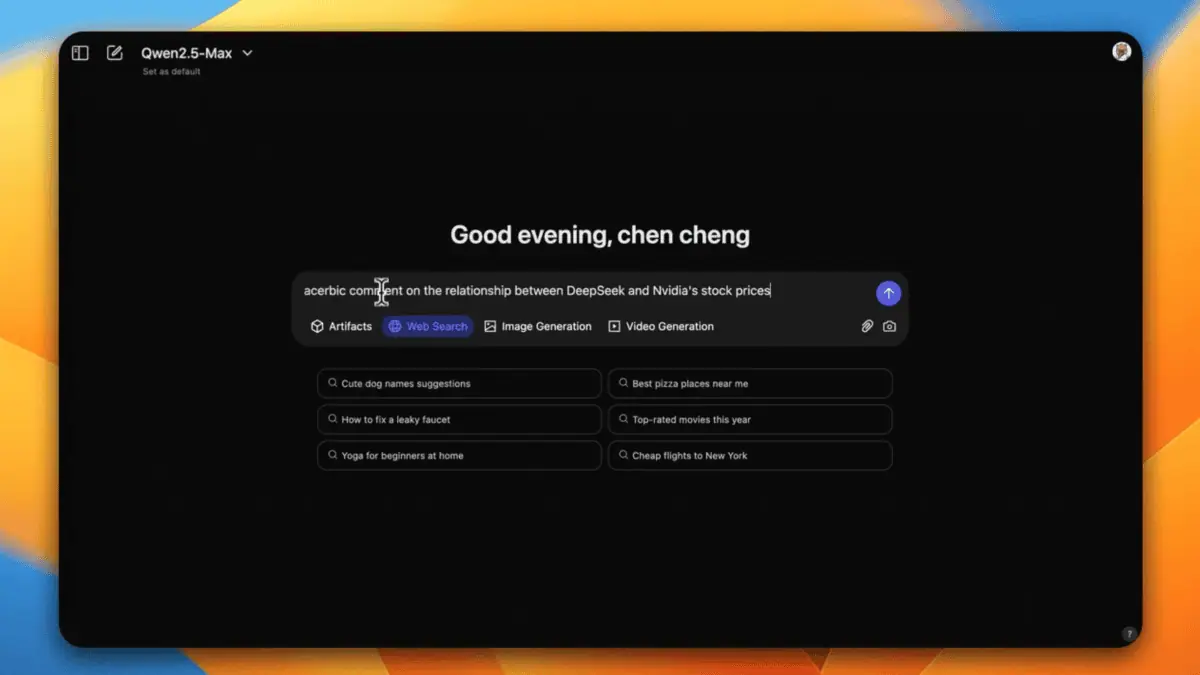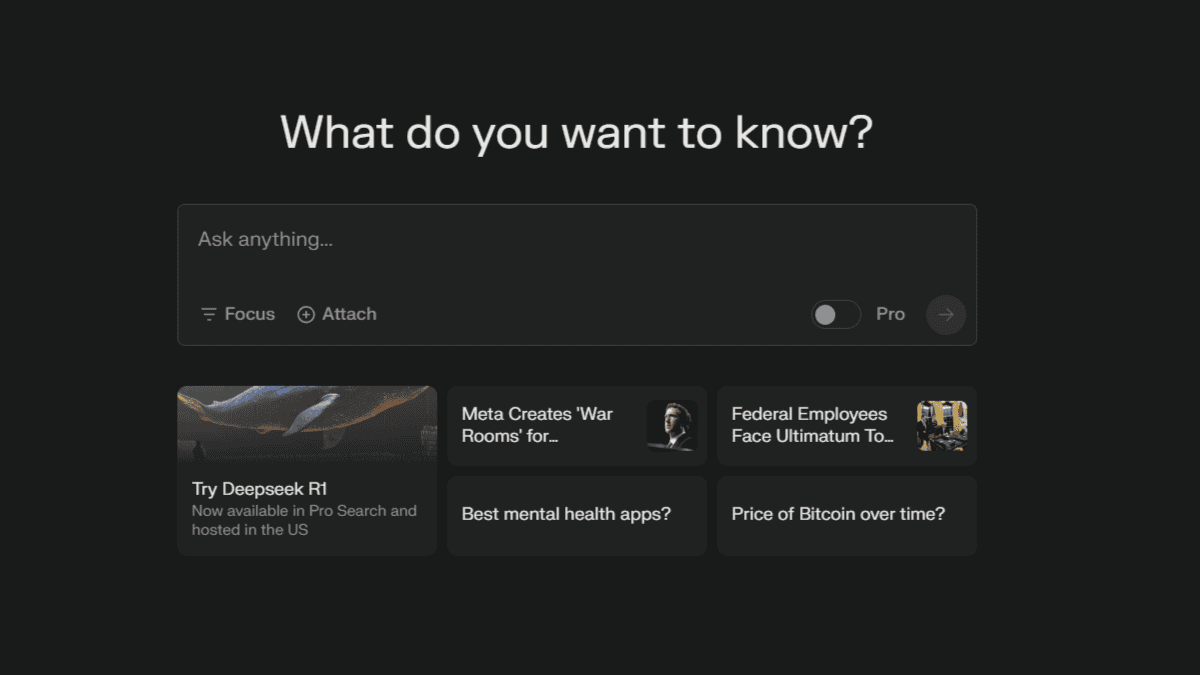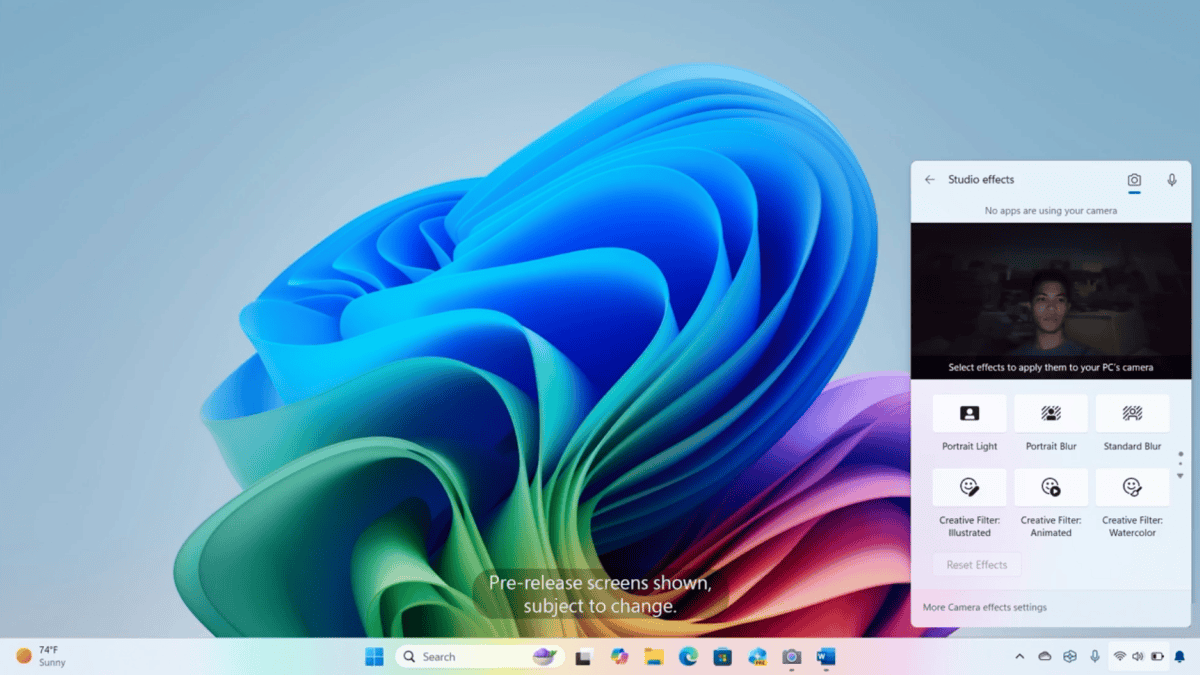Facebook is getting a whole lot more privacy focused
3 min. read
Published on
Read our disclosure page to find out how can you help MSPoweruser sustain the editorial team Read more


While those words might be seen as an oxymoron, it appears to be serious.
“I understand that many people don’t think Facebook can or would even want to build this kind of privacy-focused platform — because frankly, we don’t currently have a strong reputation for building privacy protective services,” Zuckerberg said in a moment of reflexive self awareness, “we’ve historically focused on tools for more open sharing. But we’ve repeatedly shown that we can evolve to build the services that people really want, including in private messaging and stories.”
Zuckerberg lists the following principles for Facebook going forward:
Private interactions: People should have simple, intimate places where they have clear control over who can communicate with them and confidence that no one else can access what they share.
Encryption: People’s private communications should be secure. End-to-end encryption prevents anyone — including us — from seeing what people share on our services.
Reducing Permanence: People should be comfortable being themselves, and should not have to worry about what they share coming back to hurt them later. So we won’t keep messages or stories around for longer than necessary to deliver the service or longer than people want them.
Safety: People should expect that we will do everything we can to keep them safe on our services within the limits of what’s possible in an encrypted service.
Interoperability: People should be able to use any of our apps to reach their friends, and they should be able to communicate across networks easily and securely.
Secure data storage: People should expect that we won’t store sensitive data in countries with weak records on human rights like privacy and freedom of expression in order to protect data from being improperly accessed.
While some rail at Facebook for privacy violations, and indeed they deserve it — a lot — the firm does have a lot of well-loved products that connect people.
WhatsApp and Messenger are valuable day to day tools for communication, and even Instagram and Facebook remain useful for sharing and keeping social circles.
Of course, declarations like this from Facebook — and indeed other large tech companies should be viewed with scepticism. Words are wind. In this case, digital ink, which has less charm than regular ink. Until we see these changes take place on the platform itself, healthy scepticism is justified.
Mark Zuckerberg’s manifesto can be viewed in full on Facebook here









User forum
0 messages